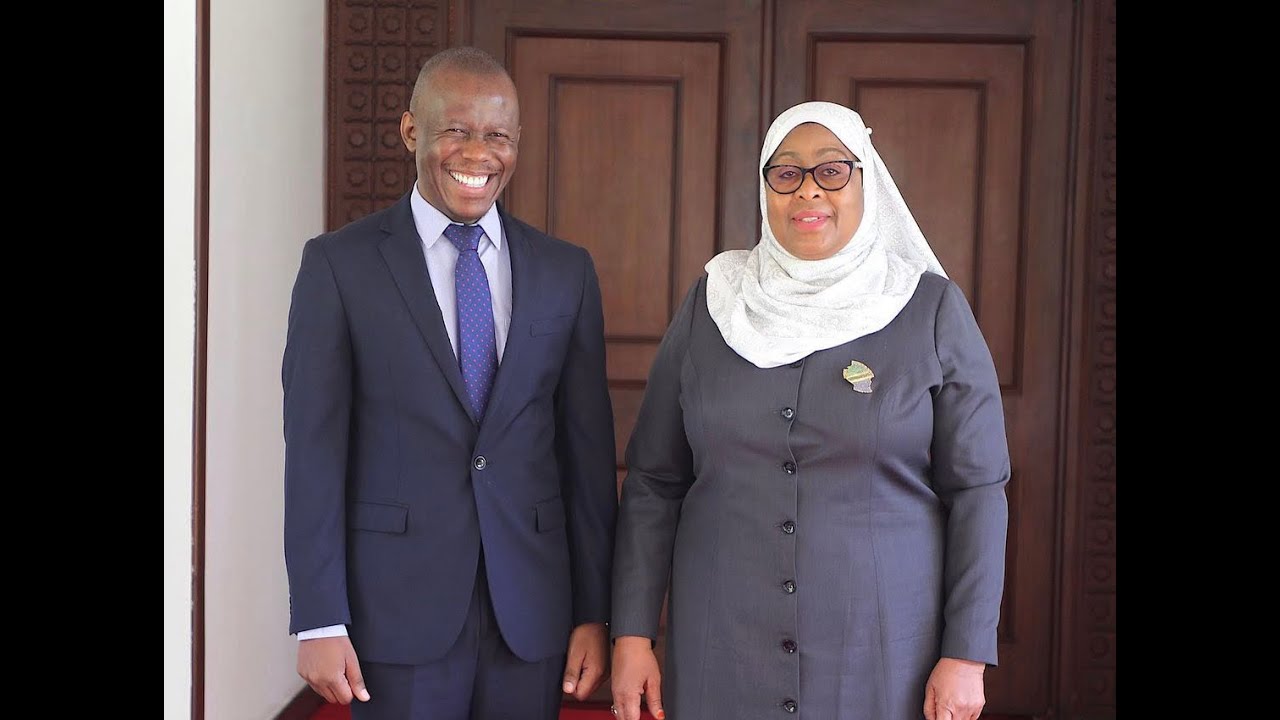Court of Appeal slams Kenya’s mandatory death penalty law, cites sentencing inequality

Justices John Mativo, Mwaniki Gachoka, and George Odunga observed that while some convicted murderers are given lighter sentences, those found guilty of robbery with violence must be sentenced to death, regardless of whether any physical harm was caused.
The Court of Appeal has criticised Kenya’s legal framework for requiring judges to impose the death penalty in certain cases, even when the circumstances do not justify such a harsh sentence.
A three-judge bench noted that the current sentencing laws lead to unequal treatment of offenders, with some individuals receiving harsher punishments for lesser crimes than others.
More To Read
- Makadara court frees minors arrested during Starehe protests, grants DCI two days to charge adults
- Court to rule Wednesday on detention of four Eastleigh robbery suspects
- Robbery suspect who killed accomplice over stolen phone finally arrested
- Appeal court stops Sh7.9m payout to Garissa residents who sued State over alleged military shooting
- 13 suspects arraigned over mugging in Eastleigh's Maries Stopes area
- UN urged to condemn death penalty for drug crimes as executions surge
Justices John Mativo, Mwaniki Gachoka, and George Odunga observed that while some convicted murderers are given lighter sentences, those found guilty of robbery with violence must be sentenced to death, regardless of whether any physical harm was caused.
“The consumers of the justice we dispense find this discrepancy difficult to fathom. Not that we can give any rational justification for it, save for the oft stale retort that ‘it is the law’. It is a question which we pose but which we cannot answer. We can only hope that sooner than later, this discordant state of affairs will be resolved,” the judges said.
The judges observed that while courts have discretion in sentencing murder convicts, robbery with violence attracts mandatory capital punishment, which they deemed discriminatory and urged Parliament to address urgently.
“There is a need for sombre debate on the question of mandatory minimum sentences,” they said, urging legislators to address the inequality by amending laws that restrict judicial discretion.
Their observations were made during the hearing of an appeal filed by Daniel Njenga Chege, who was sentenced to death in 2010 for robbing Bernard Kogi Karanja of a bicycle worth Sh4,000 near the Naivasha slaughterhouse on February 28, 2010.
Chege, armed with an axe and accompanied by another person, threatened to harm the victim during the robbery.
Although Karanja was not physically harmed, a Magistrate’s Court convicted Chege of robbery with violence and sentenced him to death, a decision later upheld by the High Court.
Chege later appealed to the Court of Appeal, contesting only the sentence and not the conviction, arguing that since the victim was not physically harmed, a less severe, fixed-term sentence should have been imposed instead of the mandatory death penalty.
Citing Article 50(2)(p) of the Constitution, Chege said every accused person is entitled to “the benefit of the least severe of the prescribed punishments for an offence,” especially if the punishment has changed between the time of the offence and the time of sentencing.
He also told the court that the lower courts failed to consider his defence and that the death sentence was unduly harsh.
He asked the Appellate Court to set aside the death sentence and instead impose a determinate prison term from the date of his arrest.
However, the Office of the Director of Public Prosecutions opposed the appeal, arguing that the offence had aggravating circumstances, and the death penalty remained appropriate under the law.
Top Stories Today












































